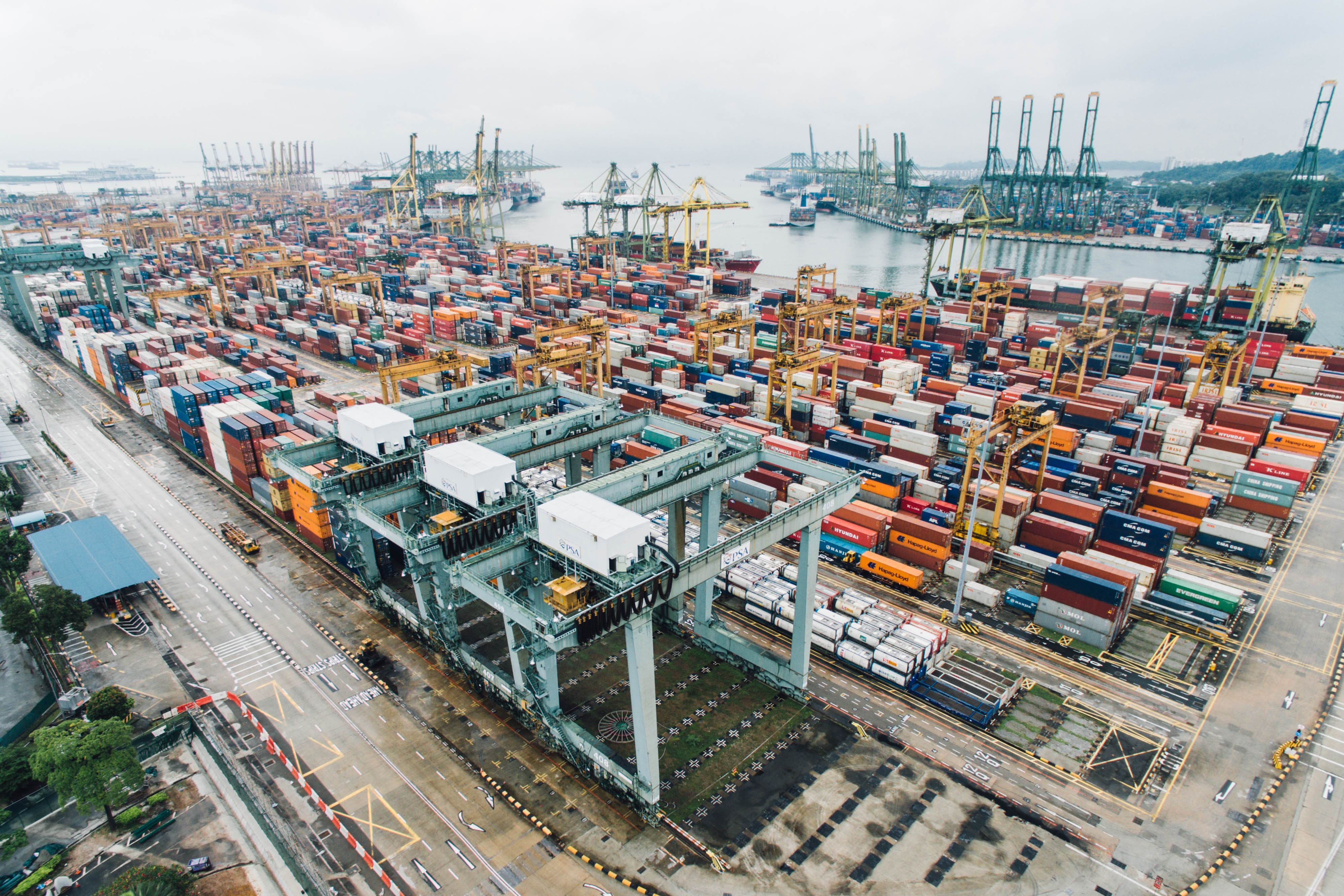934 results found
Featured results



More results
A solar leasing project at Singapore's Jurong Port significantly reduced carbon emissions and generated cost savings.

This ECN report focuses on the role played by the multilateral and bilateral institutions to fund and support Africa-based infrastructure projects.



The report identifies and explores six critical success factors that governments should be aware of and seriously consider when preparing an infrastructure project to be delivered as a Public-Private Partnership.



This paper takes stock of existing indicators and points to recurrent issues affecting the mobilisation of greater investment in infrastructure.



This paper analyzes the trends and challenges of competitiveness and innovation in the tourism and telecommunications industries of Latin America and the Caribbean from a strategic and global perspective.


The report identifies and illustrates three critical success factors that governments should be aware of and should seriously consider for their operations and mainteance strategies.





This publication outlines the technical assistance in the form of CEPs workshops for government officials in DMCs.

This report of the Independent Expert Group (IEG) of the G20 recommends a triple agenda of reforms to multilateral development banks (MDBs).

This publication examines the effective regulation and governance practices of the pharmaceutical sector in the Greater Mekong Subregion.

This paper, prepared as a sectoral note for the Lifelines report on infrastructure resilience, investigates the vulnerability of the power system to natural hazards and climate change, and provides recommendations to increase its resilience.


Presents the findings of a desktop research study of standard public-private partnership (PPP) contracts and contractual principles from economies with well-developed PPP programs and more.


This report presents the findings of the analysis of unit costs and cost overruns of road infrastructure projects in Africa.

The study provides a qualitative and quantitative analysis of the employment impact EIB projects in four Mediterranean partner countries.

The ability of MDBs to maintain their central role in sustainable development in developing countries hinges on the banks’ ability to increase investing capacity and meet the needs of those countries.



This articlehighlights the process and lessons learned from the Vulnerability Assessment and Climate Resilient Road Strategy of the Samoan road network, and outlines a replicable approach for small island nations with acute capacity challenges that seek to balance analytical rigor with the need for practicality.

sustainABLE is a free online platform modelled on research jointly published by UNOPS and the University of Oxford-led Infrastructure Transitions Research Consortium. The extensive research explored the critical role of infrastructure in achieving the SDGs. The tool aims to advance the SDGs by promoting practical measures that encourage project sustainability across a broad range of sectors.

The Navigator – a web-based platform – helps project teams, public authorities and financiers to find the right sustainable infrastructure tool from amongst 50+ rating systems, high-level principles and guidelines.






